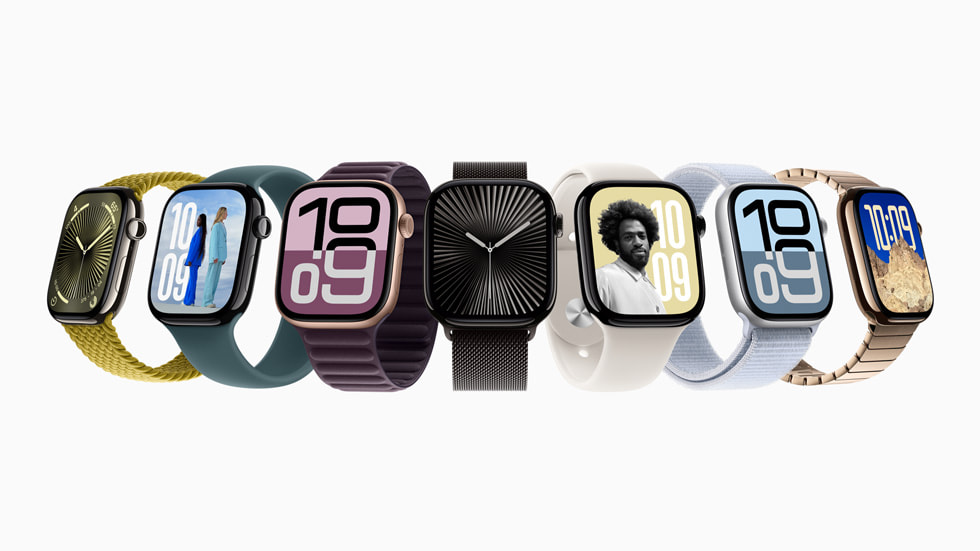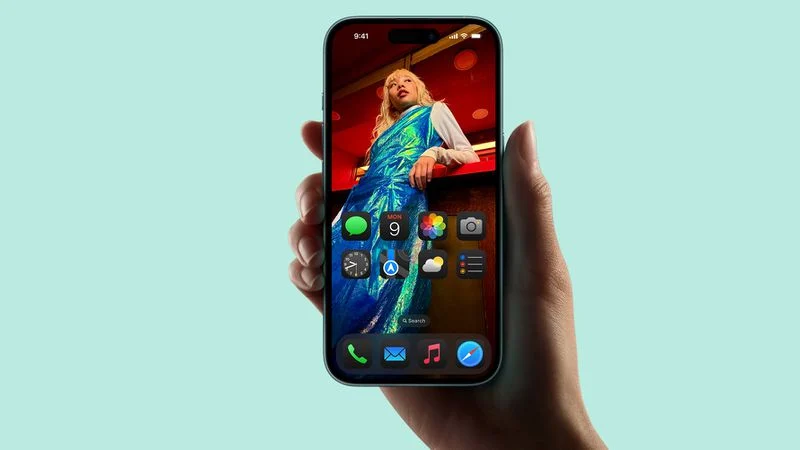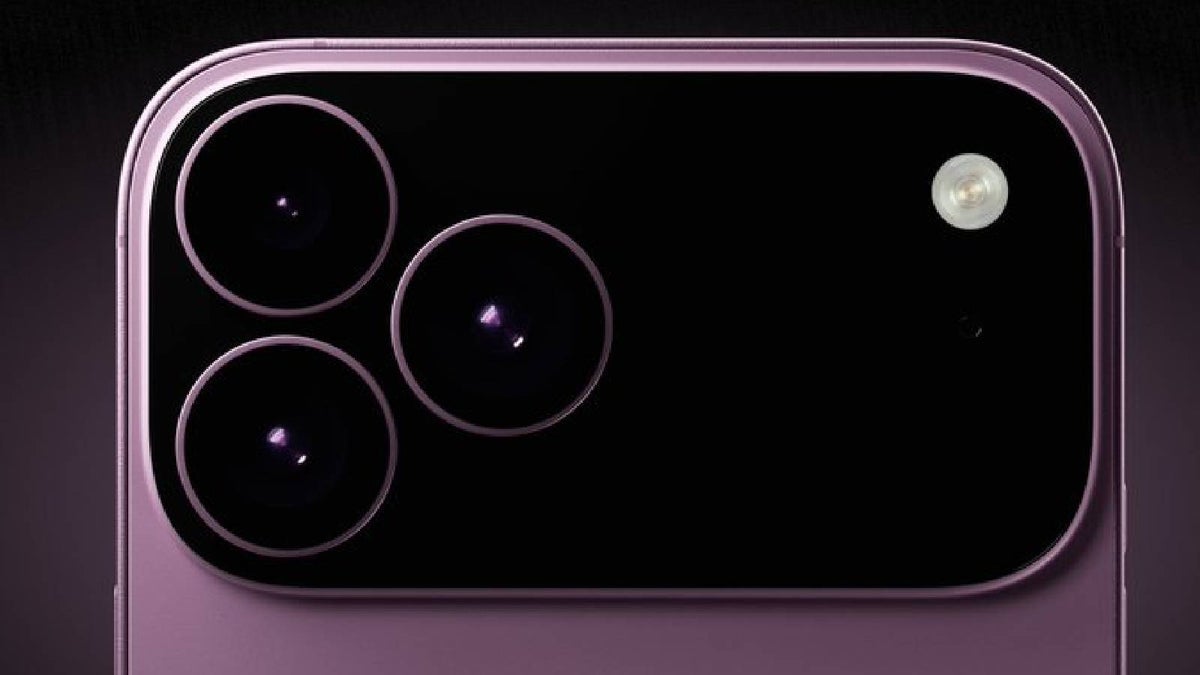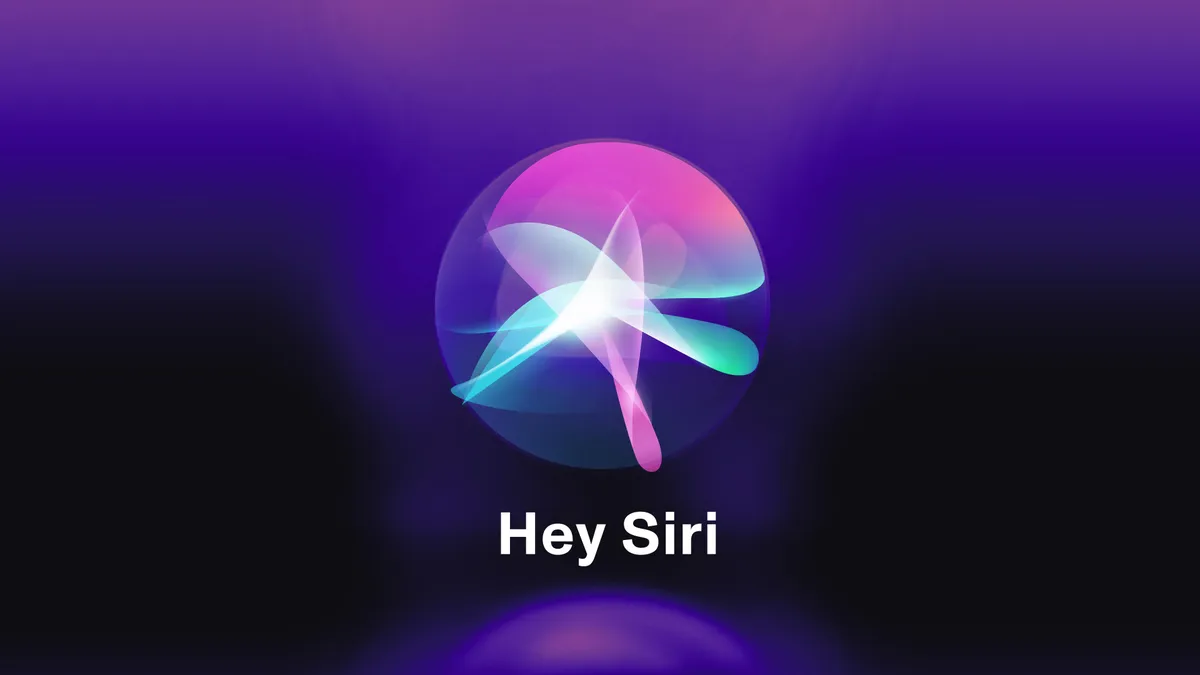Apple’s iPhone 18, set to launch in 2026, will introduce a powerful new A20 chip made with TSMC’s cutting-edge 2-nanometer process. This technology allows for smaller, more efficient chips that boost performance. The A20 will also use a new packaging method called Wafer-Level Multi-Chip Module (WMCM), a shift from the older Integrated Fan-Out (InFo) approach.
WMCM integrates components like memory, CPU, and GPU directly onto the chip, making it faster and more power-efficient. Unlike InFo, which focuses on single-chip designs with memory placed nearby, WMCM combines multiple chips into one compact package. This allows for better communication between components, improving speed and reducing power use.
As a result, the iPhone 18 could see up to 15% faster performance and 30% better energy efficiency compared to the iPhone 17’s A19 chip. The new design may also enhance battery life and thermal management, keeping the phone cooler during heavy use. TSMC, Apple’s chip manufacturing partner, is preparing for high demand by setting up a dedicated production line at its Chiayi P1 facility in Taiwan.
By 2026, this line is expected to produce 10,000 WMCM units monthly. Analyst Ming-Chi Kuo suggests that only the iPhone 18 Pro models will feature the A20 chip with 12GB of RAM, due to higher costs. This upgrade promises a significant leap in performance for Apple’s premium devices.







